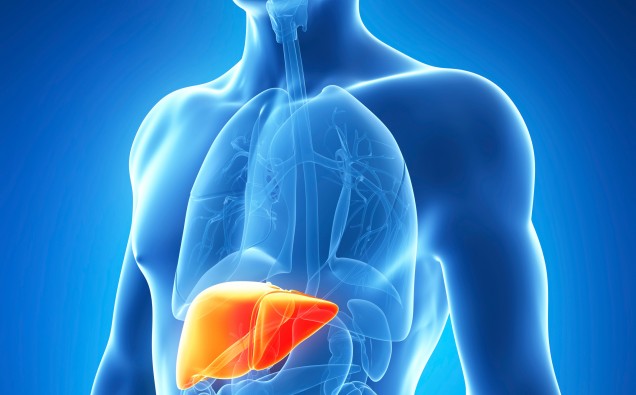Whilst high blood pressure, cholesterol and other heart conditions are highly prominent within the south Asian community, Hepatitis C is a disease that isn’t discussed as openly, but still affects a large percentage of this community. Although we can’t get exact figures, it is estimated that 2.3% of south Asians living in the UK are affected by the illness.
There are 3 types of Hepatitis, but the most common amongst the Asian community is Hepatitis C, which is a blood- borne virus affecting the liver. The condition can lead to serious complications if left untreated, such as cirrhosis and liver cancer. Though the effects of the condition are dire, the disease itself is asymptomatic, meaning; those infected may not know they have the condition until significant damage to the liver occurs.
One organisation Bristol Myers Squibb has welcomed the decision by the National Institute for Health and Care Excellence (NICE) to recommend Daklinza, a pill taken once a day for sufferers of Hepatitis C. This will replace the traditional method of 48 weeks of interferon-therapy, which can lead to many side-effects.
Asian World spoke with Shabana Begum, who is Hepatitis C survivor. Shabana, like approximately 100,000 others living in the UK, carried the genotype 3, which is more aggressive form of the disease and can often be difficult to treat. Having conquered the condition for over 10 years, Shabana now stands as the South Asian Projects Officer at The Hepatitis C Trust, raising awareness about the condition within the south Asian community. Here’s an insight into Shabanas story…
“I had been really ill and going to the doctors constantly and the doctor was giving me prescriptions and medicines that weren’t even working. It got to a point where I was sort of embarrassed to go to the GP, to think that ‘Oh what is she doing here again’.
Shabana was constantly feeling lethargic and had aches all over her body on a daily basis. Unfortunately her GP couldn’t figure out what it was and even resorted to blaming her. Shabana explains: “The doctor said, ‘What you’re feeling is in your head’, and I said to them, ‘It’s not in my head, I feel ill and you need to do something about it’.
Not knowing what you’re suffering from can be a very frustrating situation and Shabana took it quite hard. She said: “I was lone parent and I used to just sit in my room and just cry. There was a lot going on and I didn’t know what to do and I did need help that’s when I went to the doctor again.”
Shabana’s GP reluctantly offered her a test for Hepatitis and HIV, when she was finally diagnosed with Hepatitis C. She explains: “I was told that I would need the treatment for cancer which is like chemotherapy. I got stressed; I thought I had cancer, I was devastated and I was terrified. He said his going to refer me to the hospital and he said there is a treatment available.”
Shabana later learnt that she had contracted the virus over 15-20 years ago, during a trip to Pakistan. “My dad took me back to Pakistan to educate us about our Asian culture and I had fallen ill so my dad took me to the local GP. He injected me with a hypodermic needle and threw it in a bucket filled with other used needles.”
Unfortunately when Shabana returned home to tell her family, they were hesitant to speak about it. “When I came home and told my mom she told me not to speak to anyone about it because we don’t speak about such stuff. According to my mum, it’s passed on from husband to wife. It’s common in Pakistan and she told me my aunt and my cousins have it. “
Shabana believes: “If you were born in south Asia and you’ve come over to the UK then you should get tested. For example when a baby is born we shave the head and if it’s a boy, then its circumcision.” Tools used for these procedures can all carry the disease, if the proper sterilisation procedure has not taken place, which is why it is essential to choose the right person for such delicate procedures.
For the past 9 years Shabana has done nothing but raise awareness about the condition. For the past 3 years, Shabana has also been testing people at mela’s and at mosque events. If you think you may be suffering with Hepatitis or would like some advice please contact Shabana directly on shabana.begum@hepctrust.org.uk





















